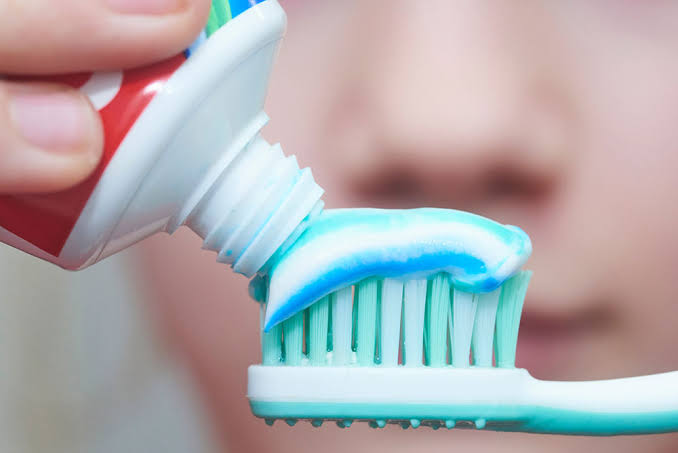Toothpaste is often associated with its ability to whiten teeth and enhance smiles. However, its uses extend far beyond cosmetic appeal. As an essential component of oral hygiene, toothpaste contributes to dental health in many significant ways, supporting not just a bright smile but also overall well-being. Below are some of the key benefits toothpaste offers beyond whitening teeth.
1. Plaque Removal and Cavity Prevention
The most important role of toothpaste is its ability to remove plaque, a sticky layer of bacteria that forms on teeth. If left unchecked, plaque can lead to cavities and tooth decay. Toothpaste contains mild abrasives that effectively scrub away plaque while fluoride—a common ingredient—strengthens enamel, making teeth more resistant to decay. Regular use of fluoride toothpaste is a critical step in preventing cavities and maintaining healthy teeth.
2. Fluoride Protection
Fluoride, a naturally occurring mineral found in most toothpastes, plays a vital role in protecting teeth from decay. It strengthens the enamel and repairs early signs of damage by remineralizing weak spots. This protection is particularly valuable for individuals prone to cavities or those exposed to acidic foods and beverages. Daily brushing with fluoride toothpaste ensures lasting defense against tooth erosion and decay.
3. Enhancing Gum Health
Toothpaste is instrumental in keeping gums healthy. Many formulations include antibacterial agents, such as stannous fluoride or triclosan, which combat bacteria that can cause gum diseases like gingivitis. Regular brushing not only removes plaque near the gumline but also reduces inflammation, swelling, and bleeding associated with gum issues, promoting overall oral health.
4. Fresher Breath
A common feature of toothpaste is its ability to freshen breath. With added flavors such as mint or citrus, toothpaste masks unpleasant odors. Beyond this cosmetic benefit, antibacterial ingredients help eliminate odor-causing bacteria, leaving the mouth feeling clean and refreshed for longer periods.
5. Relief for Sensitive Teeth
For those with sensitive teeth, specialized toothpaste formulations provide relief. Ingredients such as potassium nitrate or strontium chloride work by blocking pathways to the nerves within teeth, alleviating pain triggered by hot, cold, or sweet foods. These toothpastes are especially beneficial for individuals experiencing discomfort during meals or while drinking....Read Full Article [Click Here>]
6. Prevention of Tartar Buildup
Tartar, or hardened plaque, is a persistent problem that can only be removed professionally. However, some toothpastes contain agents that slow down tartar formation, preventing its accumulation and reducing the risk of gum disease. Using these toothpastes regularly minimizes the need for frequent dental cleanings.
7. Stain Removal
Although whitening toothpastes are typically advertised for their cosmetic benefits, they also help address surface stains caused by coffee, tea, or wine. Mild polishing agents in these toothpastes keep teeth cleaner and reduce discoloration over time, promoting better oral hygiene.
8. Support for Overall Health
Maintaining oral hygiene through regular use of toothpaste is linked to broader health benefits. Studies suggest that poor oral health may contribute to conditions such as cardiovascular disease, diabetes, and respiratory infections. By eliminating harmful bacteria in the mouth, toothpaste helps lower these risks, supporting general wellness.
Conclusion
Toothpaste is more than a tool for whitening teeth. It plays a central role in protecting against cavities, preserving gum health, relieving sensitivity, and promoting fresh breath. Its ability to prevent tartar buildup, remove stains, and support overall health underscores its importance in daily hygiene routines. Far from being a mere cosmetic product, toothpaste is essential for maintaining both oral and systemic health.





